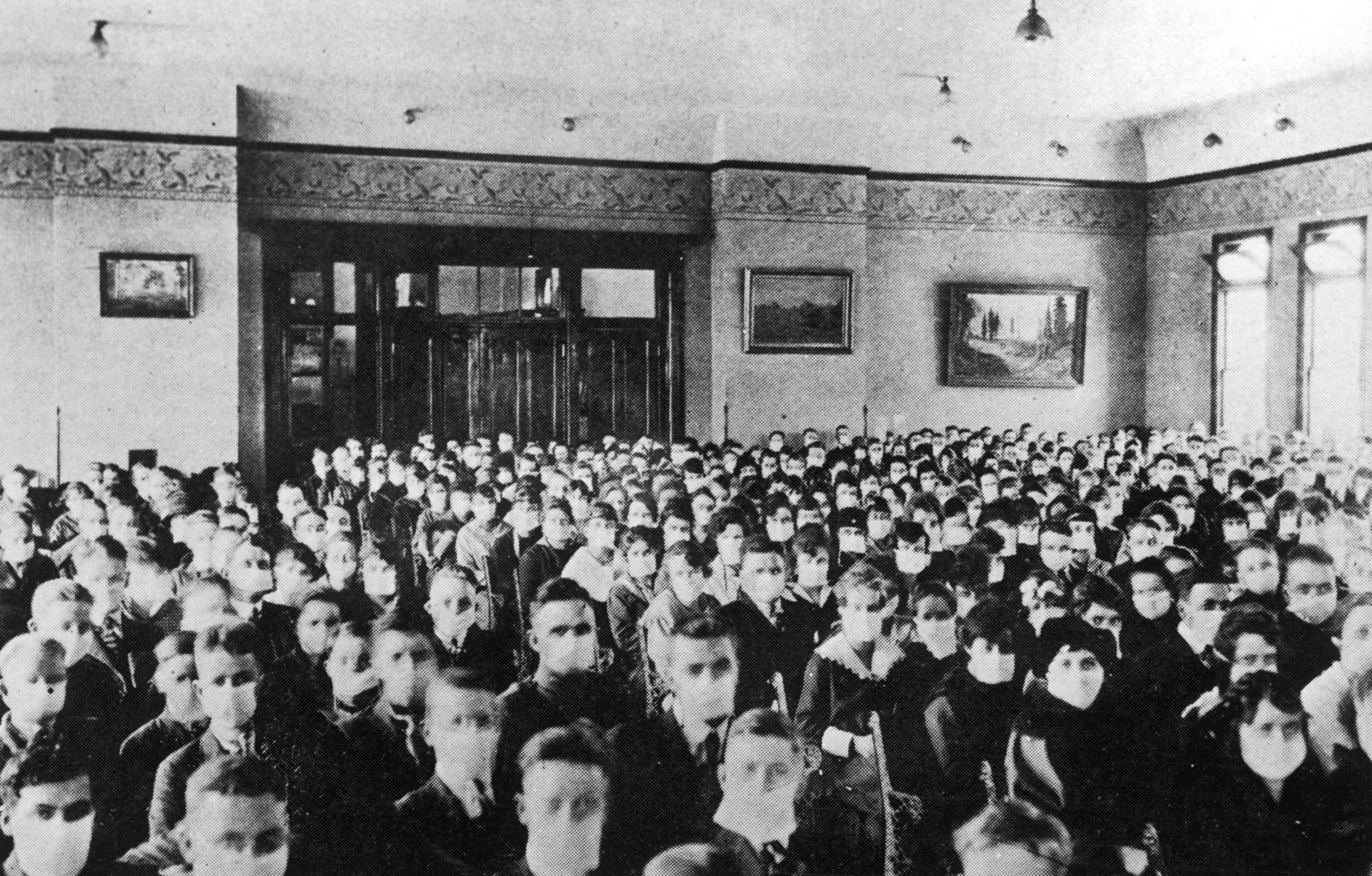In a late-night session, the Michigan Legislature approved a significant amendment to the state’s sick leave law, narrowly avoiding the original law’s enactment. The decision, which came just before the law was set to take effect, aimed to address concerns from both business groups and labor advocates.
The new bill modifies the previous sick leave legislation that allowed employees in large companies to earn up to 72 hours of paid sick leave annually, contingent on their working hours. For employees at smaller companies, the original provision included 40 hours of paid leave and an additional 32 hours of unpaid leave.
Under the amended law, the 32 hours of unpaid sick leave have been eliminated, but employees at large businesses still retain the 72 hours of paid leave. Additionally, small businesses now have until October to align with the updated sick leave requirements.
State Senator Sam Singh (D-East Lansing), who played a crucial role in negotiating the bill, emphasized the importance of universal sick time. “We thought the fundamental piece was that every employee, and any business should provide sick time,” Singh remarked. “When you take a look at most of the states in the country that actually have this, they don’t differentiate based on size.”
The legislative focus on Michigan’s sick leave policies intensified following a ruling by the Michigan Supreme Court last summer. The court found that the Legislature had acted unlawfully in 2018 by altering the petition-initiated Earned Sick Time Act before it could be implemented. This decision reinstated the original sick leave and minimum wage laws, setting their effective date for February 21, 2025.
Despite some Democrats and labor organizations opposing changes to the original law, arguing that voters’ intentions from the 2018 petition should be honored, business groups expressed concerns about the unamended law’s practicality. They warned it could lead to administrative challenges and insufficient oversight of sick time usage.
The legislative adjustments did not reach Governor Gretchen Whitmer in time for her signature before the midnight deadline, leading to the temporary activation of the original sick leave and minimum wage laws. However, legislative language allows businesses to provide the total required sick time upfront, simplifying compliance.
Representative Jay DeBoyer (Clay Twp), who sponsored the bill, expressed satisfaction with the compromise. “At the end of the day, relative to what’s coming at us tomorrow, this is a win because what was coming at us tomorrow would have gutted small business, it would’ve affected workers in the state,” DeBoyer stated.
Nevertheless, the debate over the legislation may not be settled. The group advocating for the initial minimum wage law has vowed to challenge the recent legislative changes through a ballot initiative.
—
Read More Michigan News










